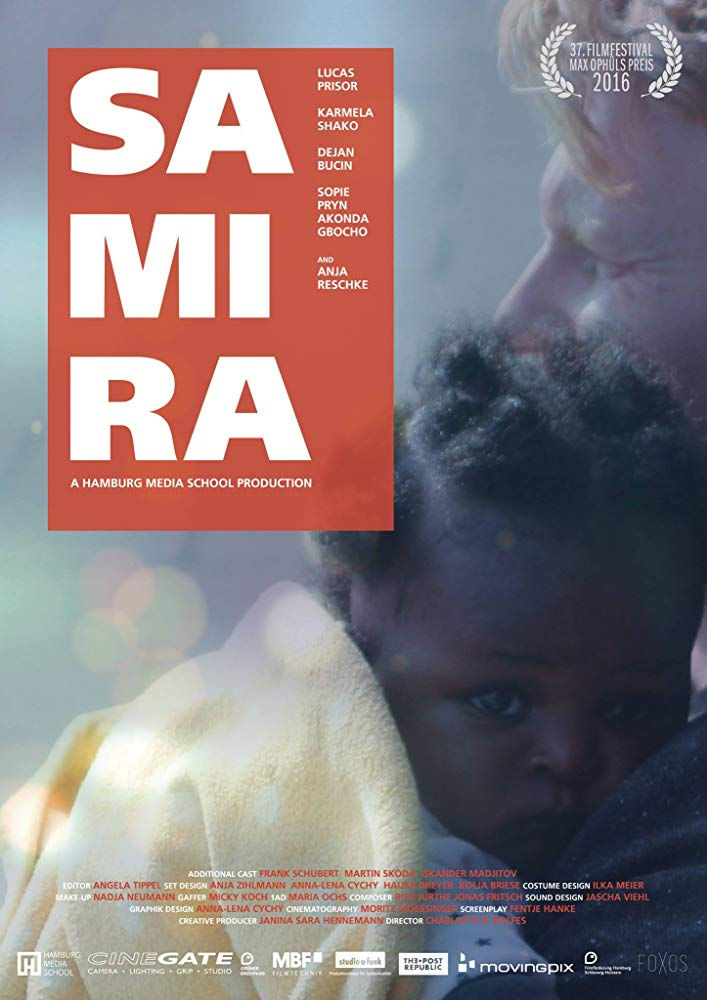Samira short film
- UK Film Review
- Sep 7, 2018
- 2 min read
Updated: Oct 14, 2018
★★★★
Directed by: Charlotte Rolfes Written by: Fentje Hanke Starring: Lucas Prisor, Dejan Bucin, Little Wing Film Festival Review by: Chris Olson

Told with a degree of sterility, Charlotte Rolfes’s short film Samira, written by Fentje Hanke, is also a very human watch. The tale, which explores numerous themes and politics issues, is at heart a story about love and kindness in the modern age.
Lucas Prisor plays a translator working at the Hamburg port. He is called to a freight ship one night to assist the authorities with removing a stowaway who plans to kill herself if she is not allowed to continue her journey. After promising to aid her, the refugee is swiftly arrested and our protagonist plans move on with his night. However,the consequences of his betrayal are a lot more than he bargained for.
Brilliantly plotted and engaging throughout, Samira benefits from a tidy screenplay that is not afraid to be brutal with it's narrative or characters. The cold, clinical approach to the filmmaking is essential to capturing the tone of the story and allows the audience to sink into the journey, being completely immersed by the plot without any unnecessary trappings of emotional melodrama.
The dialogue is sharp yet effortless, creating a brilliant sense of everyday misery and tragedy in what is in fact such a nightmarish situation. The political themes that are served up feel all the more villainous given the effect they have had on the general public, who seem to have had to adopt a completely uncaring demeanor in order to survive the current climate of exclusion for the sake of self-preservation. On top of this, Samira explores the role of the individual in society's troubles, and how sacrifice can mean such different things to different people depending on their circumstances.
Prisor is wonderful in the lead role, coping well with the emotional weight of the story whilst delivering a character who is in a crisis of conscience. His interaction with roommate and partner (Dejan Bucin) is excellent, if underdeveloped. Should a feature length version of Samira ever appear, and I for one really hope it does, I would love to see the relationship between them further explored, in particular their opinions on the situation they find themselves in and how this could affect their connection.
Rolfes proves hugely capable of delivering a short that is teeming with intelligent, thought-provoking material in a way that is engaging and compelling. The filmmaking is precise and inventive, utilising numerous locations well and the story is delivered with an increasing sense of intrigue. The only let down was the avoidance to fully connect the audience with the characters, which, whilst having a potent political point, ultimately left the short film powerless to fully enlist the support of the viewer.
.png)
.png)



Comments